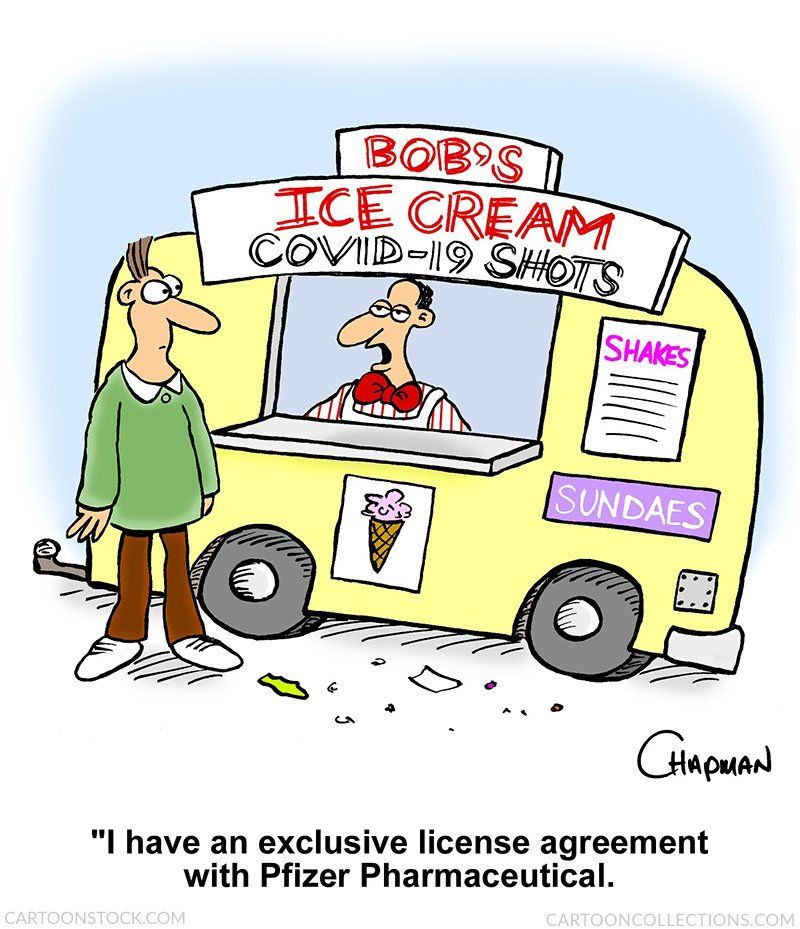Perverse incentives

Perverse incentives are incentives that have unintended, negative effects that are contrary to the intention of their designers. The ‘cobra effect’ is famous; the British government, concerned about the number of venomous cobras in Delhi , offered a bounty for every dead cobra. Initially, this was a success and large numbers of snakes were killed for the reward. Eventually, however, enterprising people began to breed cobras for the income, resulting in the reward program being scrapped. When cobra breeders set their now-worthless snakes free, the wild cobra population increased beyond its original size!
Under Mao’s regime for the Great Leap Forward, villages were incentivised to maximise production. To check the scale of agricultural production being achieved, village fields were inspected. At the time of the inspection, the local fields would be double planted with crop plants sourced from fields further away. The inspectors would record the excellent production, the plants would all die and the villagers would go hungry.
Of incentives, whether perverse or otherwise, I wonder if anyone else has a sense of unease about people being given incentives to get vaccinated against COVID-19. At present no-one is getting any incentives in New Zealand, apart from general medical encouragement. However there is a growing litany of incentives in a range of countries:
- In Rajkot, India, people are being offered a free gold nose pin while men are being offered a hand blender (this sounds so weird it must be true or a terribly poor translation!).
- Hong Kong – billionaires Li Ka-shing and Henry C heng will hand out shopping vouichers and cash grants to a total of HK$30 million (USD3.9 million).
- USA
- In California you can get specific cannabis products for 1 cent if you have a valid vaccine card. If you get lucky in the vaccine lottery, you can get a share of USD116.5 million.
- In Ohio you can go in a draw for one of 5 million dollar prizes , or one of five four year scholarships to an Ohio University (that makes the cost of a University qualification in the USA seem pretty scary!).
- US companies such as Kroger, Aldi and Apple are offering incentives which include time off. Krispy Kreme will give you a donut a day for the rest of the year with a valid vaccine card!
- In Maine you can get your choice of a free fishing or hunting license , a wildlife park or state park pass, a $20 L.L. Bean gift card, or an admission ticket to see the Portland Sea Dogs baseball team or the Oxford Plains Speedway races
- Taiwan – people are being offered complimentary chicken wings, free eggs, supermarket vouchers and cash prizes.
- UAE – some gyms offered people two weeks of free access once vaccinated.
At face value, incentives which increase vaccination rates seem like a good thing if they help reduce illness and death in the face of the COVID-19 pandemic. Incentives will most likely incentivise people without any specific objections to vaccines, but who haven’t made getting vaccinated a priority. A UCLA study interviewed more than 75,000 people over the last 10 months and found that the biggest incentive by far was money. 34% of people interviewed said they would get vaccinated for USD100 (only 28% would do it for USD25). Interestingly, the effects were greatest for unvaccinated Democrats (48% would get vaccinated for USD100)…does that mean Democrats ware more swayed by money or have less of it?
There is the flip side, of course. People who are sceptical of vaccinations may be made even more wary by the presence of incentives. One can debate the ethics of offering incentives for vaccination in regard to whether people’s freedom of choice is being unduly influenced. However, for the most part, the incentives are not so great as to make people overcome significant objections to vaccination in order to access the incentive.
My main concern is that, in some cases, the rewards that are being offered to people are poor choices themselves. Do we really want to incentivise populations to consume pot and alcohol if undertake the right medical activity? Do we want to incentivise people to eat more donuts? Supposedly Russians are also being offered ice-cream and Israelis are being offered coca-cola or beer. I don’t think that there are likely to be many other medical situations in which people are told that eating donuts and ice-cream and drinking coke and beer are a good idea. I realise that the timeframe for resolving the pandemic is imminent, while diabetes or obesity takes a long time to develop. However consistency of approach would seem to be fundamental to good medical practice! Should the world be trying to solve one health problem while exacerbating another? Perhaps we need to simplify and just offer money, particularly to left leaning voters!







